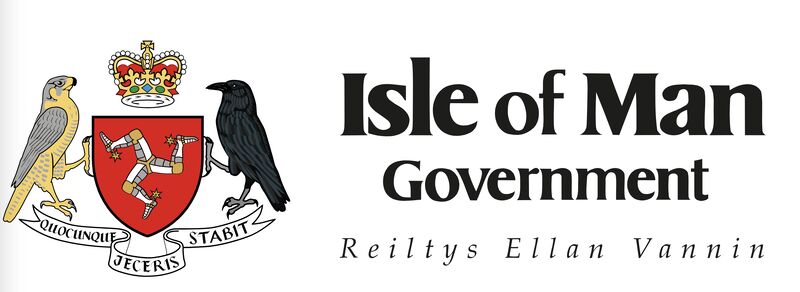What happened to all those shops that went into administration?
Over the last few months Deloitte and their data scientists have worked with our data on looking at what happened to the shops of the top 27 administrations that took place. The results were published on Friday but show that the majority of them have been reoccupied. The 27 were Alexon, Allders, Barratts, Bay Trading, Blacks/Millets, Blockbuster, Clinton Cards (exc Birthdays), Comet, Dreams, Ethel Austin, Focus DIY, Game (exc. Gamestation), Habitat, HMV, Homeform, Jane Norman, JJB, Julian Graves, La Senza, Land of Leather, MK One, Oddbins, Past Times, Peacocks (exc. Bon Marche), Pumpkin Patch, TJ Hughes and Woolworths.
The overall message for me was that many were in good locations and therefore were re-let but the old style three boxes on a block of tarmac have struggled as they are surplus to the modern shopper’s requirements when most of the purchasing is done on line with show-rooming done as part of all encompassing destination visit. The other point of interest is that most took 8-12 months to re-let. Some were taken in big batches as Morrison’s did with Blockbuster and the jury is out as to whether a DVD store location is best for a convenience store in a very saturated market. Others remain empty or have been demolished or re-developed.The vacancy rates referred to are of the 5,900 stores and not the overall GB rate that we publish each month.
It got excellent pick up on the BBC and you can see Emma Simpson’s piece on the Six O’Clock News on Friday 4th April along with the numerous printed media and radio interviews if you google it or follow my twitter feed @matthehopkinson
Deloitte’s press release read as follows and the full report will be available in due course and is a very good and insightful read about the changing face of in and out of town retailing in Great Britain. I will keep you posted on when it is available.
‘Just 20% of high street shops closed during 27 high profile administrations since 2009 are still vacant, according to new research from Deloitte, the business advisory firm.
Using Local Data Company (LCD) data on nearly 5,900 shops, Deloitte’s analysis shows that the high street is far outperforming retail parks and shopping centres, which have respective vacancy rates of 37% and 29% for space formerly occupied by these retailers.
Discount stores account for nearly one in five of all re-lettings of shops vacated as a result of administrations in the study. Indeed, the shops acquired by discounters as a result of these administrations account for nearly 50% of the expansion in this sector since 2008. Convenience stores have also expanded strongly, accounting for nearly 12% of space acquired post-administration. This pattern suggests a change in shopping habits inspired by the recession and mobile commerce, as the major supermarkets move the battleground in their ‘race for space’ to the high street.
Ian Geddes, head of retail at Deloitte, said: “Historically, retailers have talked about “destination” shopping locations. However, different and more cautious consumer spending patterns have joined forces with a technology-powered convenience culture which demands that goods and services are available as and where the consumer demands.
“Rather than taking shoppers away, the internet is pushing people back to shops with the growth of “click and collect”. The evidence suggests that we may be entering a new era of “en route” shopping, powered by mobile shopping and the demand for collection points strategically located at a point between where the consumer is travelling from and to.”
However, charity shops, pawnbrokers and bookmakers showed limited interest in acquiring the shops in the study. According to the data, just 3% of shops post-administration have been occupied by charity shops and less than 0.01% have been turned into pawnbrokers, bookmakers or coffee shops.
Ian Geddes commented: “It is likely that the rate of expansion by bookmakers may not be as aggressive as widely believed, with new openings often offset by closures. The growth in online and mobile gambling would appear to make any substantial long term growth in overall betting shop numbers unlikely.”
High streets in some regions have fared better than others, with Greater London (18% vacancy rate) and Scotland (37% vacancy rate) at opposite ends of the scale. However, across the UK the high street consistently outperforms retail parks and shopping centres.
Hugo Clark, director at Deloitte and author of the report, concluded: “The results of this research are surprising and seem to challenge a number of myths around the state of the high street. They would suggest that far from being dead, the high street appears to be showing great resilience and a capacity for reinvention. It seems that a structural shift is taking place with the high street emerging as an unexpected winner.”






Leave a comment: